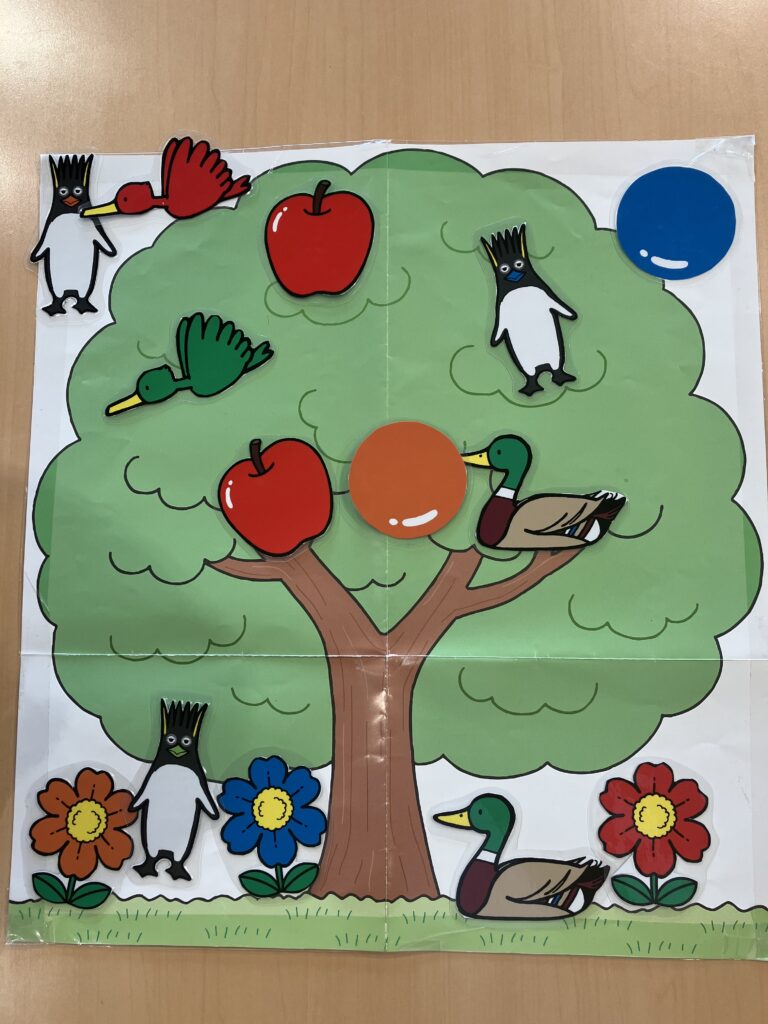「週1回の英語の授業は意味がない」?

「週1回の英語の授業は意味がない」?
日本の英語教育界では、週1回くらいレッスンでは、子どもたちは英語を使えるようにならないという考え方があります。
この考え方は、単に勉強に費やす時間が少な過ぎて、週1回の学びでは習得するのは不可能だという意見です。
僕は、29年の指導経験上、週1回でも子どもたちは英語を使えるになると思っています。子どもたちが英語を使い始めるために最も重要なのは、教室でどのように英語を体験するか、ということなのです。
実際に、今までほとんどの生徒が週1回のペースで僕のクラスに通い英語を学んできました。そして、時間が経つにつれて、生徒たちが英語が使えるようになっていることを証明できる貴重なビデオもあります。
おおしろキッズ英語教室では、子どもたちは、レッスン1からすぐに英語を使わなければならない状況に置かれます。
そして、毎週新しいシチュエーションが提供されます。そうすることで、使える英語がどんどん増えていきます。
まずは、成功感のある体験を積ませる。そしてもっと上手になりたいという気持ちを育て、自分はできる!と信じる生徒を育てていきたい。
子どもたちが、英語を使えないことを時間だけののせいにすべきではない、そう思っています。
おおしろキッズ英語教室では、週1回のレッスンで、質の高い教育を提供していきます。
“Once a week English lessons are meaningless”???
There is a belief in education circles in Japan that says kids studying English only once a week cannot become able to use the language.
This belief feels that the issue is merely the amount of time kids study. It implies that once a week is not enough. I argue that the amount of time is NOT the issue. The most important factor in having our kids begin to use English is HOW they experience the language in the classroom.
At Oshiro Kids, our students are put in situations where they need to use English immediately, from Lesson 1.
Students revisit these situations again and again every week, and new situations are provided every week. In this way, our students’ usable English increases steadily.
This has been at the heart of my work for 29 years. Most of my students have come to my classes once a week. There is significant video evidence that proves that even these students become able to use English over time.
Our students’ feeling of success comes with the experience of actually using English. With this comes the feeling of “I can do it!” and “I want to improve!” We need our students to feel like this as soon as possible!
Educational commentators shouldn’t blame the amount of time for Japans’ students’ inability to use English.
Japan has had plenty of time to produce English communicators!
Educational commentators should instead review HOW students experience the language in the classroom.
